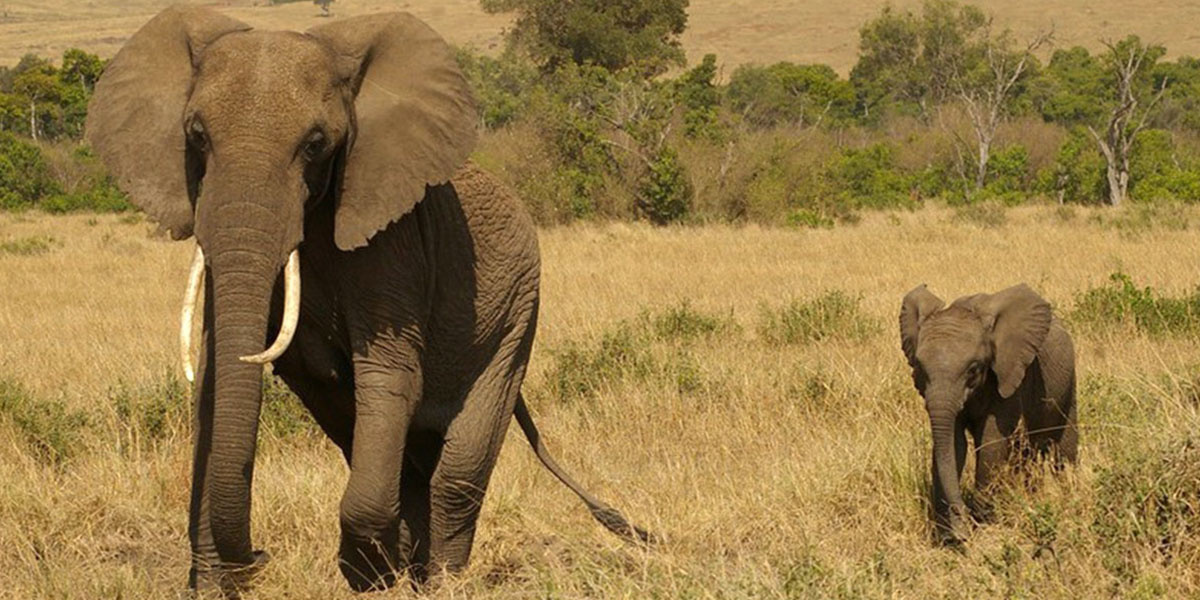
Great News for Elephants: UK to Introduce Legislation Banning Its Ivory Market

GreenDreamsPhotography / Flickr
By Elly Pepper
The UK government announced Tuesday that it will soon introduce new primary legislation introducing a near-total ivory ban.
The announcement comes several months after the UK’s Department for Environment, Food & Rural Affairs commenced a public comment period on an impressive proposed ivory ban. About 130,000 individuals and organizations responded—88 percent of which were in favor of the ban—making it one of the largest consultations in UK history (see a summary of those responses here).
This is great, much-needed news for elephants, whose populations continue to decline. Indeed, as recognized by the Parties to the Convention on International Trade in Endangered Species last September, “countries with domestic ivory markets that contribute to elephant poaching or the illegal ivory trade” should “take all necessary legislative, regulatory and enforcement measures to close [such] markets … as a matter of urgency.”
And, by their very existence, any legal ivory market leads to a parallel illegal market since ivory from recently-killed elephants can be made to look like old ivory, which is legal in many countries, through processes like chipping, staining and cracking.
The UK has long played a role in the international ivory trade. Indeed, during the colonial era more than a million elephants were killed to feed British demand for everything from ivory ornaments and piano keys to billiard balls and cutlery. Much of that ivory remains in the UK today, fueling the market. Additionally, trade data indicates that the UK is the world’s largest exporter of ‘legal’ ivory, most of which goes to Asian destinations like China and Hong Kong.
Like most other bans enacted over the past several years, the proposed legislation will include a few narrow exemptions for certain items containing a de minimis amount of ivory, certain musical instruments, portrait miniatures painted on ivory that are over 100 years old, and purchases by accredited museums. There will also be an exception for “the most rare and valuable cultural, historic and cultural articles as assessed by an independent accredited expert”—something NRDC and other groups oppose as it could be used as a loophole for the illegal ivory trade. Anyone found in violation of the new laws can face an unlimited fine and up to five years in jail.
However, all in all, this is very positive news! We’ll be helping to push the legislation through Parliament and defend it from auctioneers and antique dealers, many of whom are opposing the ban despite the significant accommodations it provides them through its exemptions. And hopefully this news will also spur action in other large and/or emerging markets like Japan, Laos, and the European Union—the latter of which recently conducted a public consultation on an ivory ban but has not yet led to any action.
Ivory Trade in China Is Now Banned https://t.co/qGVZLinO8q @environmentca @wwf_uk @ConservationOrg
— EcoWatch (@EcoWatch) January 2, 2018

 233k
233k  41k
41k  Subscribe
Subscribe 